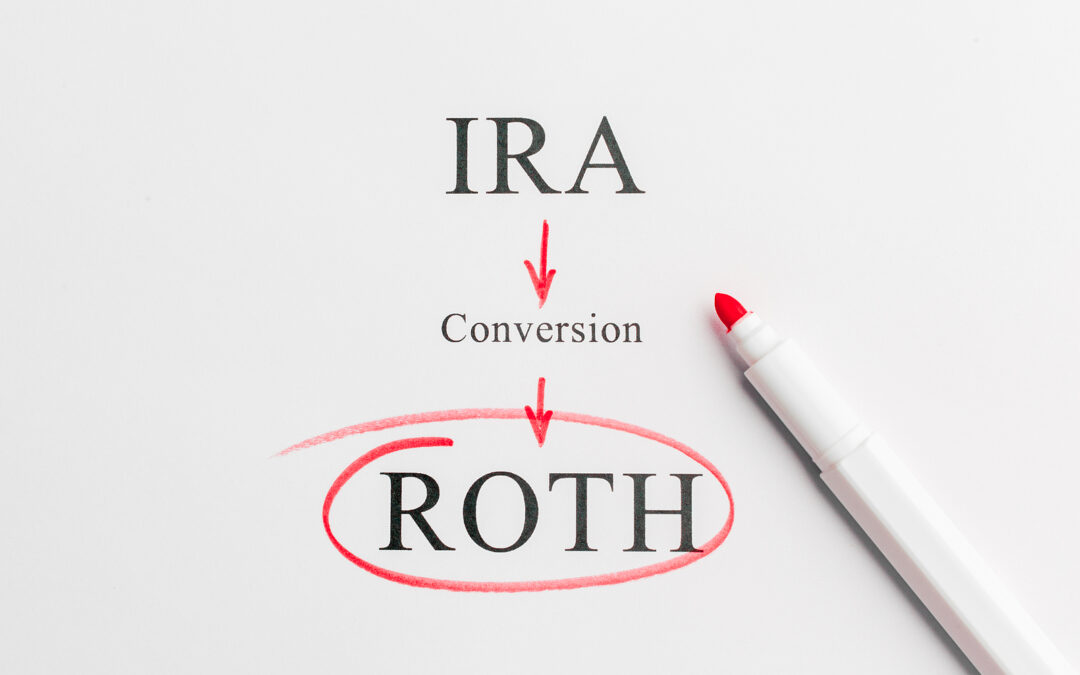Roth IRA conversions may potentially cut your tax bill in retirement but, depending on your age, may not be right for you. Converting to a Roth IRA will result in a tax bill for that year so if you are currently receiving social security benefits or are less than five years from retirement you would not be an ideal candidate. A Roth conversion occurs when assets in a traditional or simple IRA, employer-sponsored 401k, or SEP, etc. are moved to a Roth IRA via a rollover, trustee-to-trustee transfer, or same-trustee-transfer. There is a five-year rule with a Roth conversion that requires converted funds to remain untouched in the account for five years or be subject to a 10% early withdrawal penalty. After the five years and once the account holder reaches age 59 1/2, funds can be withdrawn tax-free, penalty-free, and are not subject to a required minimum distribution.
There are limitations to Roth IRAs. For anyone still working, their 401k must allow for in-service withdrawals to be converted to a Roth IRA. There are income limits for contributions yet high-income individuals with modified adjusted gross incomes that exceed the limit to contribute to a Roth IRA can consider a backdoor Roth IRA. Using this strategy, investments are made in a traditional IRA then rolled over to a Roth IRA. Anyone, regardless of income and filing status, is eligible to convert. If you have questions about tax planning or investment management, call 800-689-3935.
